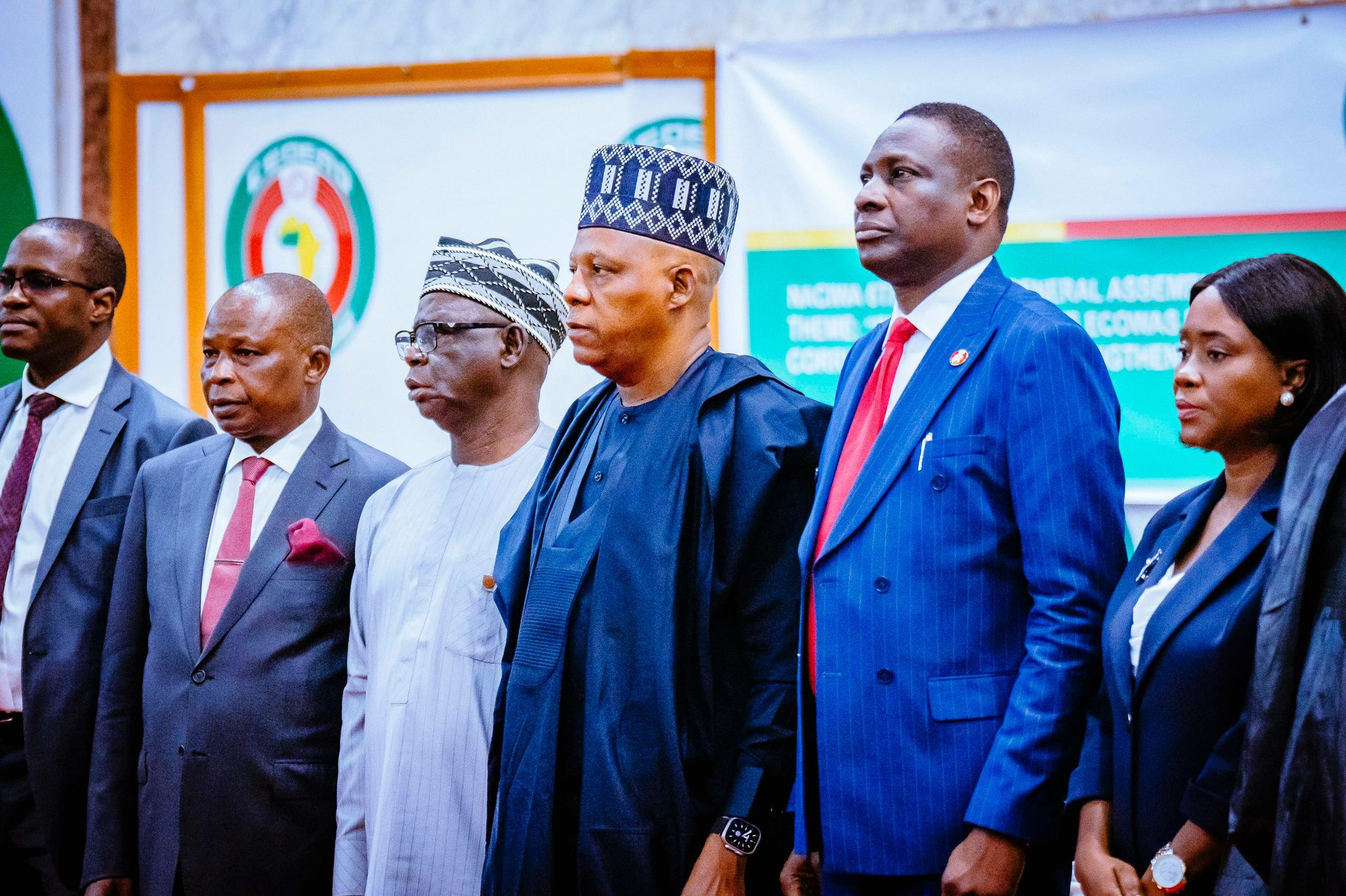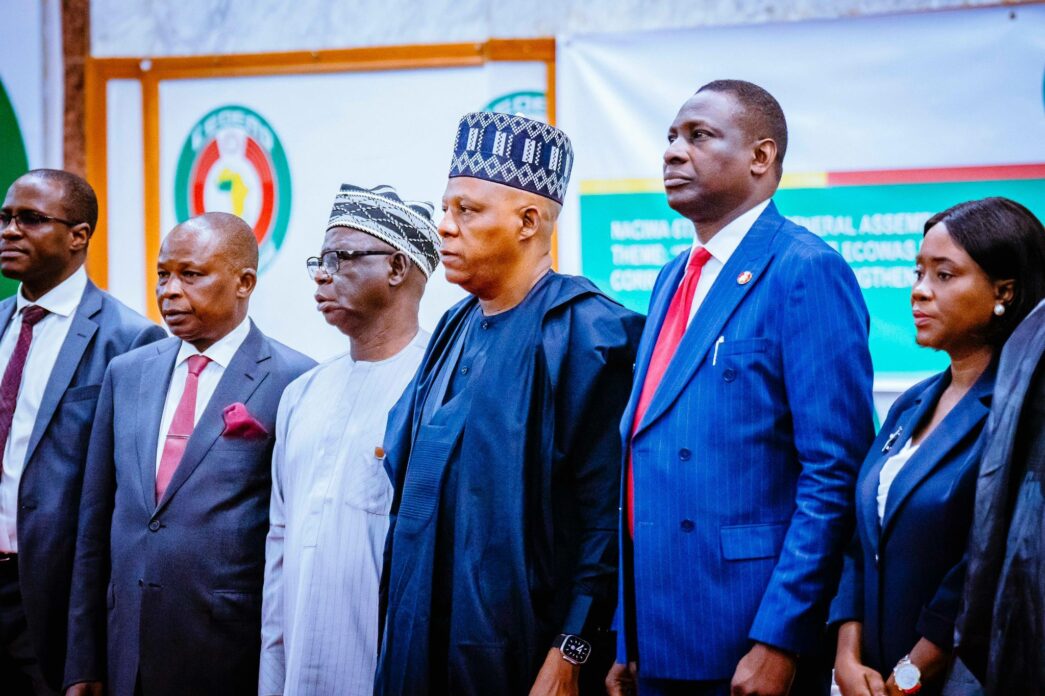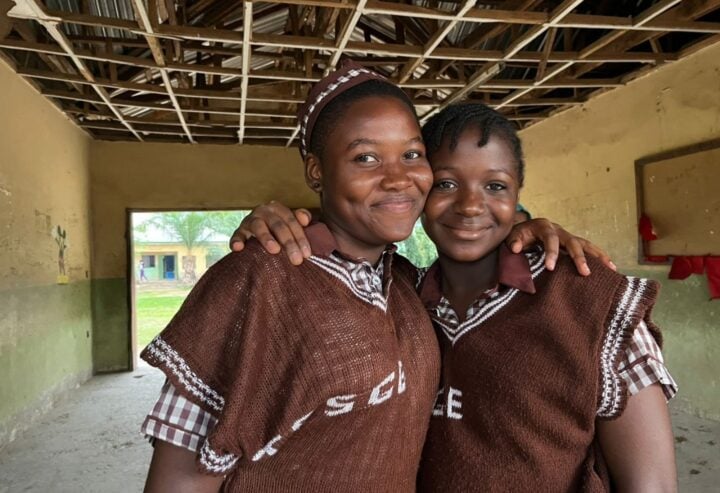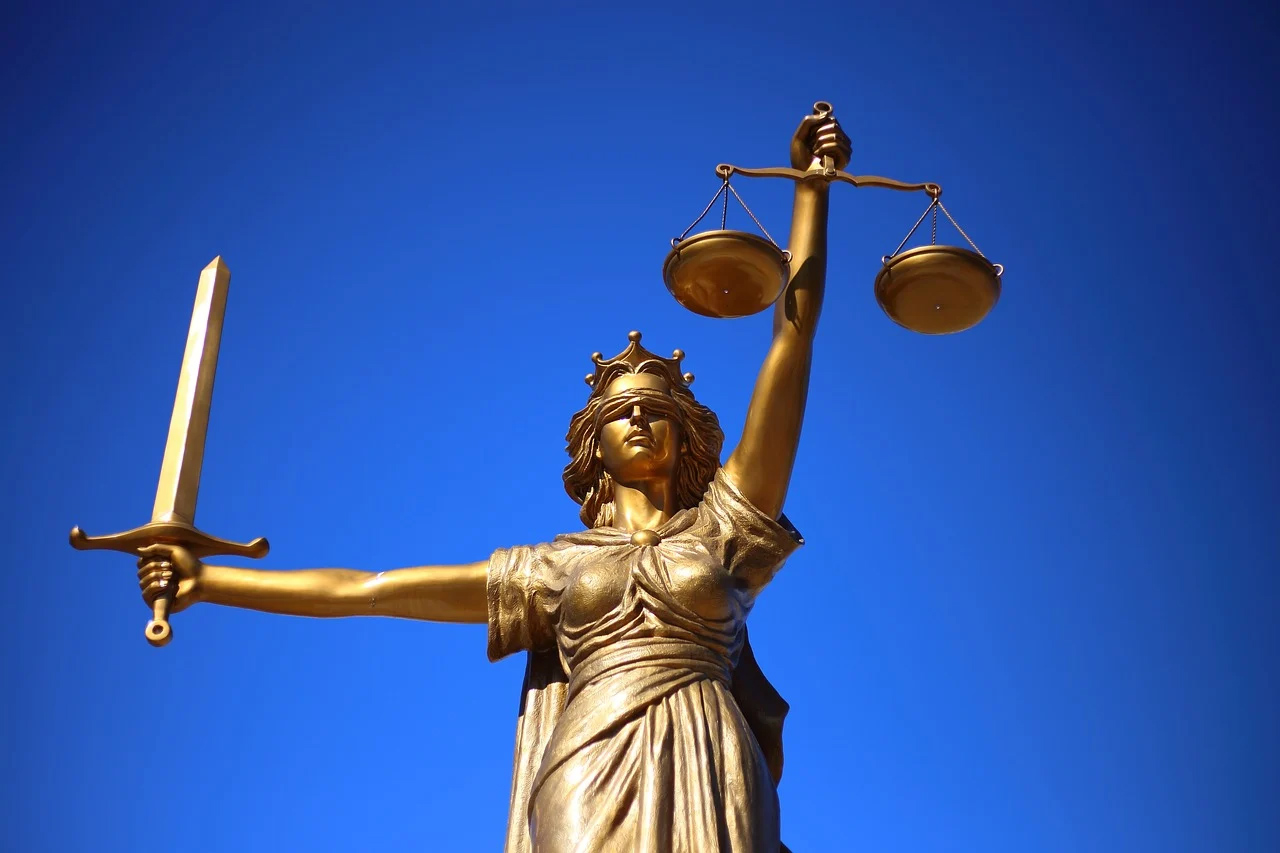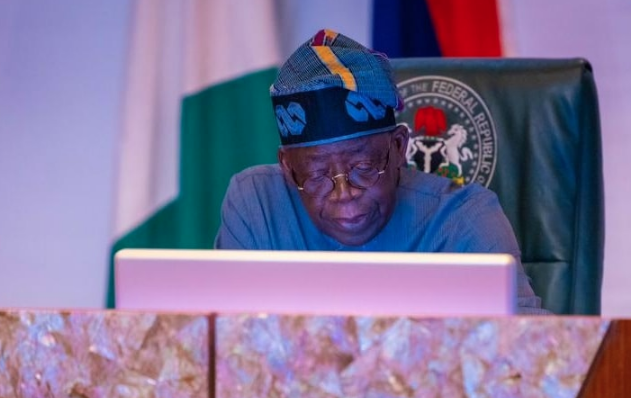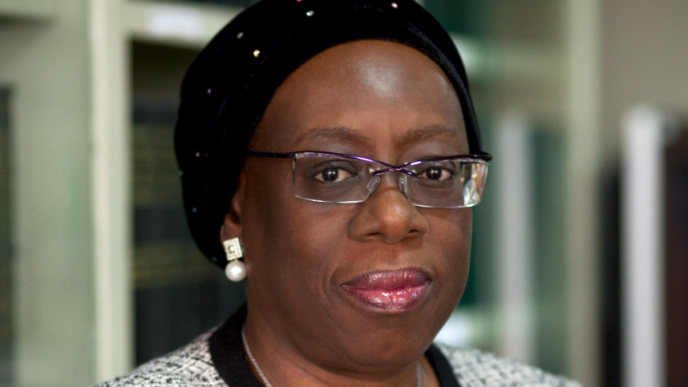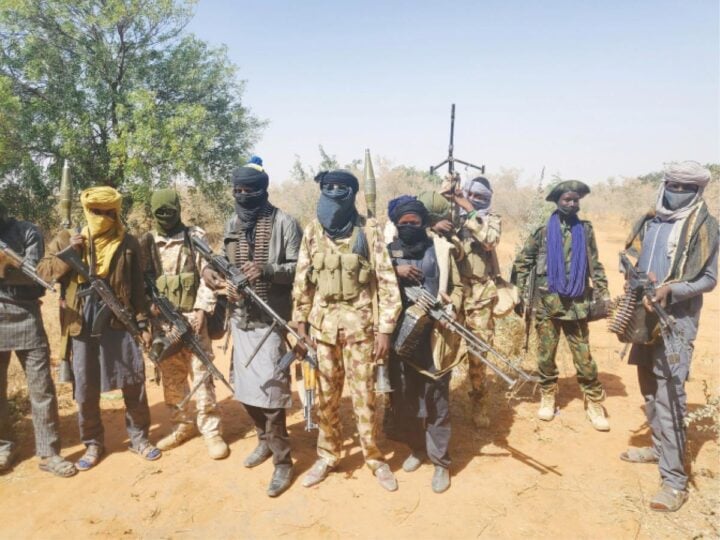BY TONY EGBULEFU
Leading the light for anti-corruption agencies of ECOWAS countries which congregate under the aegis of Network of Anti-corruption Institutions in West Africa (NACIWA) is an additional test on Ola Olukoyede’s practical know-how and leadership depth. As the Executive Chairman of the Economic and Financial Crimes Commission, (EFCC), he is not just any other anti-corruption war marshal within the context of the West African region. He is primus inter pares being at the commanding height of the most illustrious and preeminent anti-corruption agency in the continent.
The sixth Annual General Assembly of NACIWA, which he hosted as its President from August 19 to 21, 2024 at the ECOWAS Secretariat, Abuja, left the delegates of the participating nations, including Nigerian with no illusions of the verve the EFCC chairman has primed himself to inject in the war against corruption and financial crimes within the sub-region, through amplified knowledge sharing, peer review and unwavering commitment to the ECOWAS Protocol on the fight against corruption and other relevant international and regional instruments.
The “ECOWAS Protocol on the Fight Against Corruption” is a comprehensive range of strategies that have nearly the answers to all the issues hobbling efficient anti-corruption fight within the region’s individual nation states and as a geo-cluster. The weak factor has resided in the implementation, which the Olukoyede leadership is galvanizing his peers to give a shot in the arm.
Necessitated by the urgent need for concerted, collaborative and sustained cooperation among member states towards addressing the transnational corruption activities and the laundering of the proceeds of corruption in the region, the Protocol was adopted by the ECOWAS Heads of State and Government on December 21, 2001 and operationalized in 2016, as a mechanism for preventing, suppressing, and eradicating corruption in member states.
Advertisement
Its 27 Articles aims to promote and strengthen “the development in each of the State Party’s effective mechanisms to prevent, suppress and eradicate corruption; intensify and revitalise cooperation between State Parties, with a view to making anti-corruption measures more effective and promote the harmonisation and coordination of national anticorruption laws and policies.”
Presenting the theme: “Implementing the ECOWAS Protocol on the Fight Against Corruption Towards Strengthening Institutions for Regional Security,” Ebenezer Asiedu, NACIWA’s Head, Democracy and Good Governance noted that “the Protocol is one of such major critical instruments deserving of the adherence and comprehensive domestication by all the ECOWAS Member States,” and called for NACIWA to be strengthened to promote the popularization and comprehensive domestication of the Protocol.
Speaking at the occasion, Olukoyede made clarion calls that spoke to his desire for a recalibration of the anti-corruption fight within individual nations of ECOWAS. “We are at a critical juncture in our collective fight against corruption in our sub-region. There is no gainsaying that corruption continues to undermine our economies, security, erode public trust, and hinder the sustainable development of our nations. This requires some introspection and strategizing to forge ahead.
Advertisement
“The implementation of the ECOWAS Protocol Against Corruption is not a mere technical exercise; it is a moral imperative that demands utmost dedication and innovative thinking. Our presence here today underscores the importance of collaborative and coordinated efforts in fostering transparency, accountability, and good governance across West Africa. I am confident that through our collective expertise, shared experiences, and unwavering commitment, we can forge a path towards a more transparent and prosperous West Africa. I urge all delegates to approach discussions over the next few days with renewed vigour and determination,” he said.
He drew special attention to the need for ECOWAS countries to strengthen their legal and institutional frameworks; enhancing cross-border cooperation in investigations and asset recovery; promoting public awareness, ethical standards and other corruption prevention measures; leveraging technology in the fight against corruption; and developing capacity-building programmes for anti-corruption practitioners.
“Let us be mindful of the trust placed in us by our citizens. Every policy we recommend, every strategy we develop, and every partnership we forge must be geared towards tangible improvements in the lives of the people we serve,” he said.
President Bola Ahmed Tinubu, Chairman, ECOWAS who spoke through Vice President, Senator Kashim Shettima described corruption as one of the most formidable obstacles to the progress and prosperity of ECOWAS countries and lauded NACIWA’s initiatives with the protocol and other strategies directed at suppressing the scourge. “It undermines the very fabric of our societies, erodes public trust, and impedes the equitable distribution of resources. As leaders, we are responsible for confronting this challenge head-on with unwavering resolve and concerted action,” he said.
Advertisement
The establishment of NACIWA by ECOWAS in 2010, was a visionary step towards creating a united front against the affliction of corruption in the region. NACIWA, President Tinubu noted has provided a platform for law enforcement collaboration in confronting corruption, the economic ills, insecurity, and developmental setbacks it wreaks on countries of the region. To a good measure, the constructive collaboration between NACIWA and ECOWAS has fostered greater cooperation and information sharing among anti-corruption agencies of the member states.
A fundamental development in the 6th Annual General Assembly was President Tinubu’s announcement of a donation of a headquarter complex for NACIWA in Abuja, which he did in recognition of NACIWA’s pivotal role in regional anti-corruption efforts.
“I am proud to announce that the Nigerian government has donated a property to serve as NACIWA’s permanent headquarters. This gesture underscores our commitment to strengthening NACIWA’s institutional capacity and providing a solid operational foundation, the president said. On his part, Olukoyede said that the gesture apart from having provided the Network with a physical home “symbolizes the solidifications of the regional anti-corruption frameworks.”
The president enjoined all member states to renew their commitment to cause of the ECOWAS Protocol against corruption, urged them to move beyond rhetorics and embrace concrete actions that will harmonise legal frameworks within the region, plug the loopholes exploited by corrupt individuals; enhance cross-border cooperation in investigations and asset recovery; invest in innovative technologies to detect and prevent corrupt practices; promote transparency in public procurement and resource management; engage civil society and the media as partners in anti-corruption efforts and strengthen the independence and capacity of anti-corruption institutions of member states. Above all, for all member states to ratify and fully implement the Protocol.
Advertisement
While reaffirming Nigeria’s commitment to the success of NACIWA and the broader anti-corruption agenda within ECOWAS, the president stated that the future of the region depended on member states’ ability “to create transparent, accountable, and efficient governance structures that serve the interests of our people,” adding that “together, we will build more vital institutions, foster regional unity, and pave the way for a prosperous and corruption-free West Africa.”
Minister of Foreign Affairs, His Excellency, Yusuf Maitama Tuggar, noted that “At the regional level, West African countries suffer from weak or even failed local governance, particularly in border areas. Criminal gangs engaging in smuggling, gun running, and other illicit activities take advantage of this to provide a semblance of order and relative stability, undermining and sometimes replacing the authority of local governments. The emergence of Boko Haram in the North East (which thankfully has now been completely degraded), banditry in the North West of Nigeria and methamphetamine drug cartels in the South East is instructive. Boko Haram relied on the complex cross-border area between Nigeria, Niger, Chad and Cameroon for survival. Banditry relies on gold smuggling in Nigeria, Niger, Mali and the Benin axis. Similarly, the meth labs and drug trade in the South East are tied to complex routes that go all the way to South Africa.”
Advertisement
Every other speaker including Dr. Musa Adamu Aliyu, Chairman, ICPC, Senator Udende Emmanuel, Chairman, Senate Committee on Anti-corruption and Financial Crimes, Ambassador Addel-Fatau Musah, Commissioner for Political Affairs, Peace and Security, ECOWAS Commission, Danilo Campisi, UNODC Deputy Country Representative, represented by Princess Chifiero, Prince Lateef Fagbemi, (SAN), Attorney General and Minister of Justice, all identified corruption as existential threat in the sub-region and pointed to the need to deploy the ECOWAS Protocol as launch pad for counter-offensive.
A 21-point resolution was reached by the Assembly at the end of the three-day deliberations towards fostering a corruption-free West Africa among which are: an emphasis on the urgent need for the development of comprehensive guidelines for the full implementation of the ECOWAS Protocol on the fight against corruption, to bring it in line with other international instruments such as UNCAC and the AU Convention against Corruption; strong advocacy for better funding and resourcing of anti-corruption agencies in the sub-region, recognizing that adequate human and material resources are essential for the effective discharge of their mandates; a call on the ECOWAS Commission to expedite the establishment of a Technical Commission for the effective implementation of the ECOWAS Protocol on the fight against corruption, offering NACIWA’s expertise and support in the endeavour; resolve to pursue the harmonization of legal and regulatory frameworks across the region to prevent safe havens for corrupt individuals and facilitate more effective cross-border anti-corruption efforts; call on member states yet to domesticate the ECOWAS Protocol on the fight against corruption into their national laws and policies to do so, towards ensuring a unified regional approach to fighting corruption and commitment to leveraging technology to enhance transparency, accountability, and efficiency in anti-corruption efforts across the region.
Advertisement
Others are: a decision to improve monitoring, reporting, and enforcement mechanisms within NACIWA and its member institutions to ensure the effective implementation of anti-corruption measures; a pledge to deepen public awareness on the negative effects of corruption through comprehensive education and outreach programmes, encouraging active citizen participation in anti-corruption initiatives; encouragement of member institutions to embrace peer learning and knowledge sharing, particularly to support less experienced agencies in developing effective anti-corruption strategies; acceptance of the development of the draft ECOWAS Guidelines on Asset Recovery and Borderless Investigation which was presented at the Assembly; recommendation of the widespread adoption and utilization of Corruption Risk Assessment (CRA) tools among member institutions to proactively identify and mitigate corruption vulnerabilities; commitment to strengthening regional collaboration and cooperation to effectively address the transnational nature of corruption, including improved information sharing and joint operations where appropriate.
And finally, an expression of gratitude to President Tinubu and ECOWAS for their unwavering support.
Advertisement
Hats off to Olukoyede for manifest commitment to pilot NACIWA to an altitude it has not attained since inception with brio that comes from a desire to be an agent of change in both the local and international anti-corruption circles.
Egbulefu, is of the Public Affairs Department of the EFCC
Views expressed by contributors are strictly personal and not of TheCable.
Add a comment
